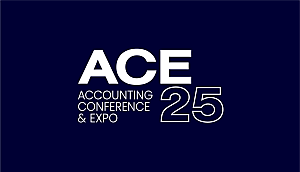The government’s handling of changes related to the corporate tax rate is an example of “how not to develop policy” and will likely mean significant amendments to tax returns and documentation in the coming months, according to one association.
20 June 2025
ACE25 Accounting Conference & Expo
Last year, Accountants Daily’s flagship forum attracted over 400 senior accounting professionals for a day of...
KNOW MORE
 Login
Login







